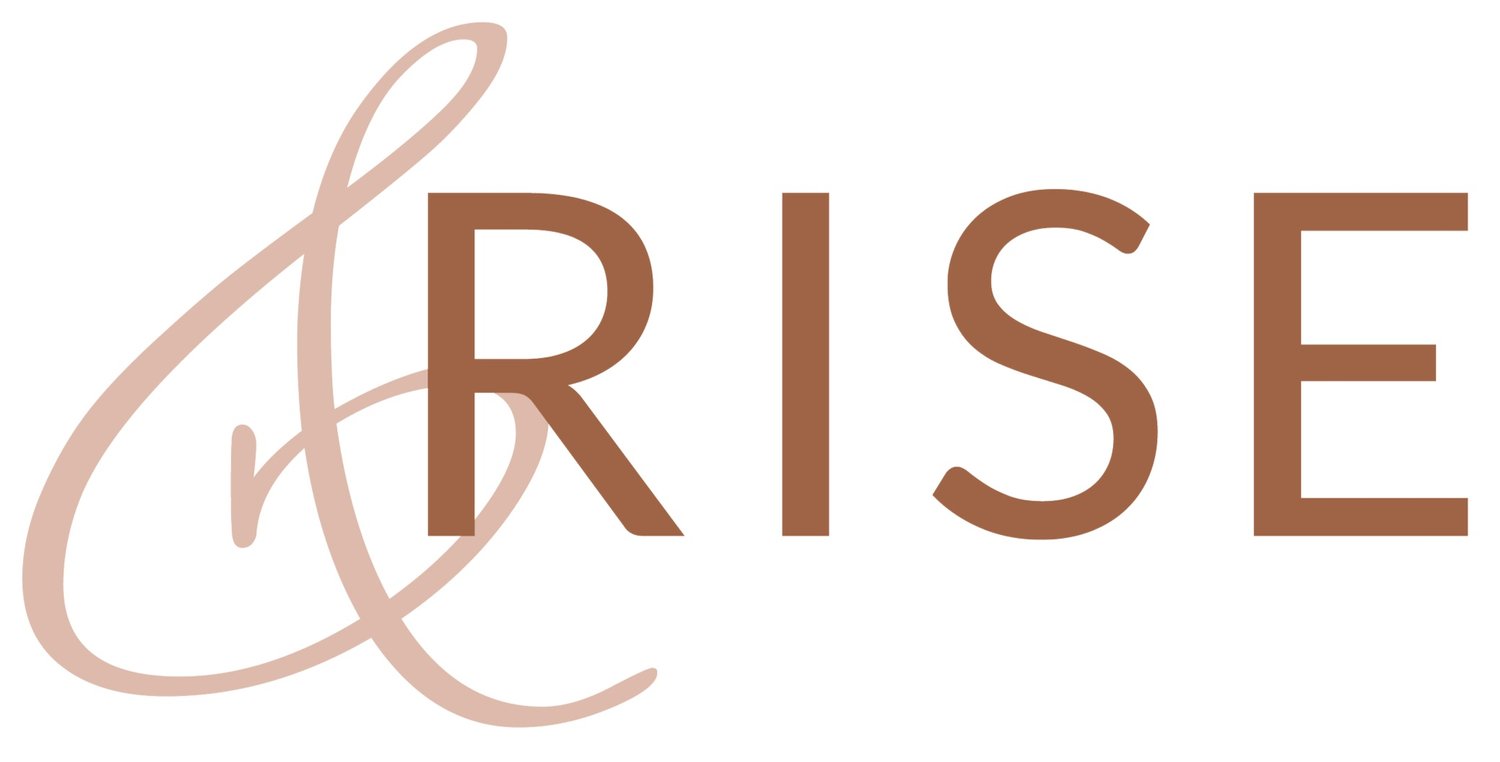The Importance of Community for Survivors
One of the most devastating impacts of sexual assault is the feeling of loss and the sense of isolation that follows in the wake of significant trauma. I had never felt more alone than I did after I was sexually assaulted by an ex-boyfriend last summer. I told myself that I would never tell anyone what happened. I told myself that it wasn’t that bad, that it was just a miscommunication, that I didn’t want to ruin his reputation, and that even if I did tell someone, they wouldn’t take me seriously. Or they would believe me, and then I’d have to actually process what happened to me.
After about a month and a half, I started spiraling out of control. I began sleeping with random strangers, excessively self-medicating, and lashing out at loved ones. I could not keep the ugliness of my trauma inside, my pain had become a gaping wound that I could no longer hide from the outside world.
The first person I told was my sister. She confirmed my worst fear – that I had once again been sexually assaulted by someone I trusted. This sent me into another spiral and I began to tell anyone who would listen to me. In some sense, I wanted someone to tell me that it wasn’t true. That it didn’t count as assault because I didn’t fight back. That I was overreacting. Although it isn’t the case for many survivors, no one tried to tell me it wasn’t assault. At first, I was met by horrified looks, some sincere condolences, and a lot of visible discomfort.
Although most of the initial reactions I received were affirming, I began to notice the increasing distance between me and the ones around me. No one seemed to know how to respond. It’s one thing to be believed, but it’s another thing to be seen and understood. People walked on eggshells around me, or avoided me entirely. It felt like being in a car crash, where passersby would look at me with sympathy before driving away, thankful that they would not be the ones sorting through the wreckage. Over time, I lost several friends. Members of my own family began to tell me that they blamed me for getting into that situation in the first place. In my head, I had become a burden. I felt completely alone. Utterly abandoned. And truly unlovable.
However, I had one friend in particular who I truly believe saved my life. We’ll call her Cas. Although Cas is not a survivor herself, she stuck by my side throughout the entire recovery journey. Every day, she would check in on me, allowed me to rant when I needed to, and offered her unwavering support during every step of the process. But she also treated me like a regular person, and not some fragile, unsightly tragedy. She made me feel like I was more than my trauma. I didn’t know it then, but Cas showed me the importance of having a community.
With the encouragement of my friend (and therapist), I started attending support groups in an effort to expand my community and meet others who shared similar experiences. Over time, I began to develop friendships with other attendees. I started to feel human again. I no longer feel like a burden to those around me. I’m not sure where I would be right now if it weren’t for the support I received from my wonderful friend Cas and the other women I met along the way. Although I can’t change the past and my trauma still lives within me, I’ve learned that it is possible to experience a future and community that is worth fighting for. I learned that I’m not alone. That none of us are ever truly alone in our fight for survival. And that there will always be a community somewhere that is waiting for you with open arms.
Written by: Ciara Asonye

